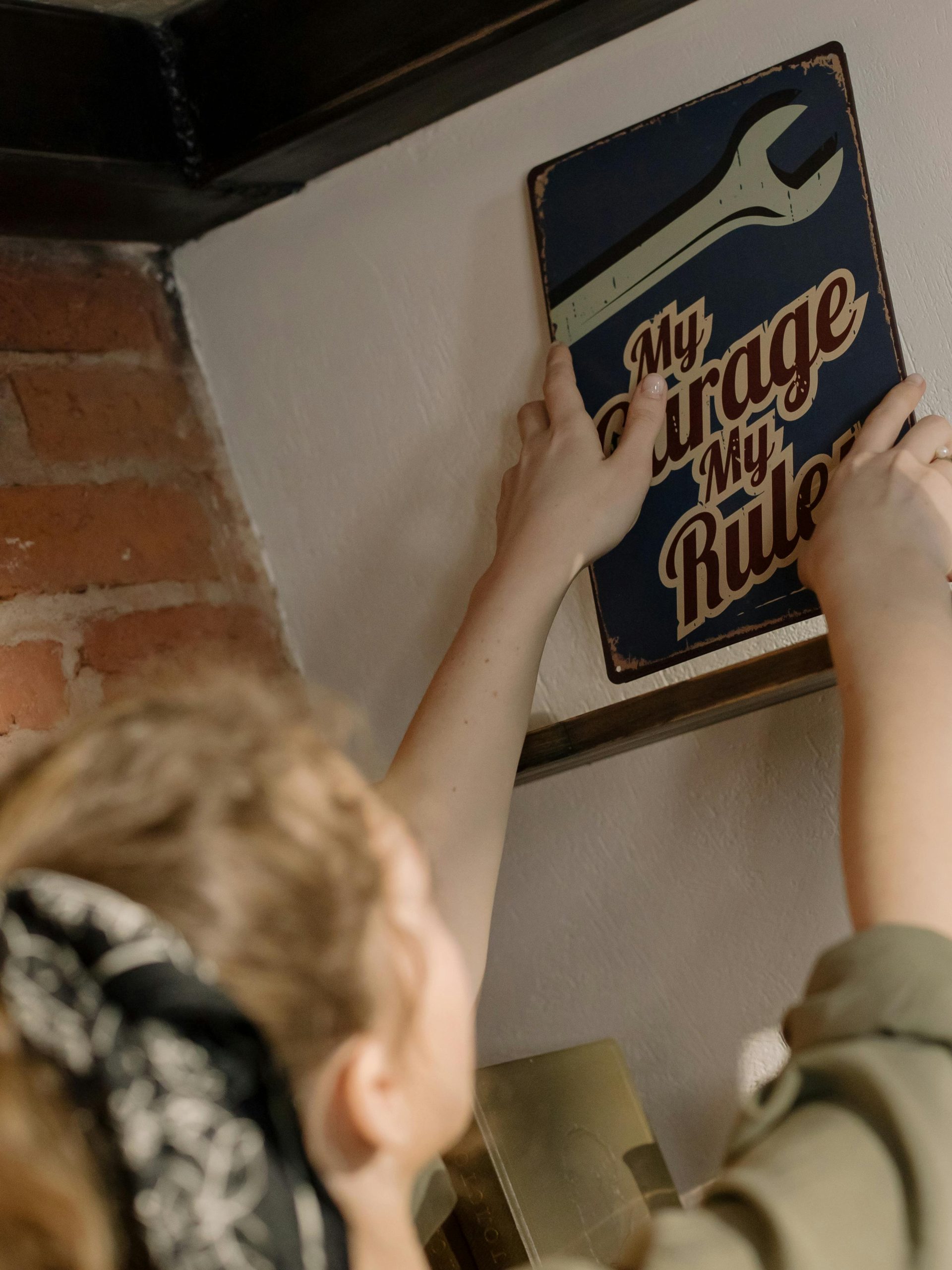Understanding Liability Coverage When You’re Not the Driver: What You Need to Know
Navigating insurance coverage can sometimes be complex, especially when you’re not behind the wheel but are involved in an incident. If you’ve ever wondered whether your liability insurance will shield you from damages caused while you weren’t driving, you’re not alone. Here’s a scenario that illustrates this common question.
A Real-Life Situation
Imagine a situation where an individual is walking as a pedestrian but unintentionally causes damage to another vehicle. In this case, a person was walking in a parking lot and, through a humorous (though costly) attempt by their 19-year-old son to jump through a car window, ended up causing significant damage to the parked truck. The damage was severe enough to require professional repairs.
The vehicle owner’s insurance provider is USAA, and the question arises: Am I covered for the damage if I was not the driver?
Key Considerations
-
Does Liability Insurance Cover Passengers or Non-Drivers?
Standard auto liability insurance primarily covers damages caused by the insured driver while operating the vehicle. When you’re just a pedestrian who unintentionally causes damage, the coverage depends heavily on the specifics of your policy and local regulations. In many cases, liability coverage does not extend to damages caused while not operating the vehicle, unless you are considered an insured under other relevant policies or circumstances. -
Impact on Insurance Rates and Premiums
Even if you find that your insurance might cover the damages, it’s wise to consult with your provider before making any claims. Asking questions generally doesn’t harm your rates, but initiating a claim or one that results in coverage could influence your future premiums.
Important Advice
- Review Your Policy: Understand the scope of your liability coverage. Not all policies automatically cover incidental damage caused by pedestrians or passengers.
- Contact Your Insurance Provider: When uncertain, speak directly with your insurance agent about specific situations. They can clarify whether your coverage applies and advise on the best course of action.
- Consider Personal Responsibility: In cases where coverage doesn’t apply, you may need to pay out-of-pocket for repairs. Learning about such scenarios beforehand can help you prepare financially.
Conclusion
Accidents happen, and it’s essential to be informed about your insurance coverage. If you’re ever in a situation where you unintentionally cause damage without being the driver, double-check your policy details and seek professional advice. Being proactive ensures you’re prepared and avoids surprises down



